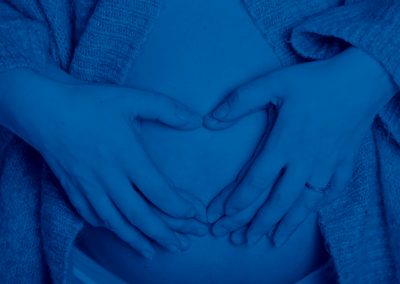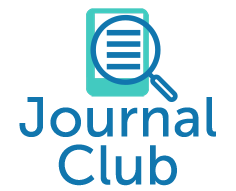
Free
60mins
Postpartum Depression:
Does Iron Deficiency contribute?
Karen O’Callaghan
Tuesday 18 April 2023 20:00–21:00 GMT
CONTENT AND LEARNING OBJECTIVES:
Iron deficiency is highly prevalent worldwide, in both high- and low-income settings. Low iron status during pregnancy has long been considered a risk factor for various adverse outcomes after birth, and recent evidence suggests a potential link between iron deficiency and postpartum depression.
Postpartum depression is a common problem, affecting more than 1 in every 10 women within a year of giving birth.
The association between iron deficiency and both prenatal and postpartum depression is unclear, but in this Journal Club session, we’ll discuss a case-control study examining the association between iron status and postpartum depression among women in the Gaza Strip, Palestine.
This session covers:
- Implications of iron deficiency during pregnancy and postpartum
- The context and generalisability of the findings
- How to critically appraise case-control research and communicate strengths and limitations
Watch this webinar to
Gain clear understanding of:
- Biomarkers for the assessment of iron status
- Implications of iron deficiency during pregnancy and postpartum
Be aware of:
- The research context and generalisability of the findings
- Difference between correlation and causation
Be able to:
- Critically appraise case-control research methodology
- Communicate strengths and limitations of the research
Help us to continue providing expert nutrition learning
If MyNutriWeb has helped you deepen your knowledge of dietary and nutritional subjects, join us to help support and educate people to eat well for themselves and the planet. Read more...

Expert speaker
Karen O’Callaghan
Lecturer in Nutritional Sciences, King’s College London, Department of Nutritional Sciences, Faculty of Life Sciences & Medicine
Dr Karen M. O’ Callaghan is a Lecturer in Nutritional Sciences at King’s College London. She completed her PhD at University College Cork (2017), after which she undertook a research fellowship within the Centre for Global Child Health at the Hospital for Sick Children (Toronto). Her research focuses on nutritional requirements for vitamin D during pregnancy and musculoskeletal health in early childhood.
Paper reference
Hameed, S., Naser, I., Al Ghussein, M., & Ellulu, M. (2022). Is iron deficiency a risk factor for postpartum depression? A case–control study in the Gaza Strip, Palestine. Public Health Nutrition, 25(6), 1631-1638. doi:10.1017/S1368980021003761

About Journal Club Chair, Dr Caroline Childs
Each Journal Club session is chaired by Dr Caroline Childs, Nutrition and Metabolism subject lead in Medicine at the University of Southampton. She received student-nominated awards for ‘most engaging lecturer’ and ‘best pastoral support’ and a colleague-nominated award for teaching excellence. Dr Childs is a Nutrition Society Ambassador and a South East Regional Representative for the Association for Nutrition.
As she says, “Developing skills in critical appraisal is an essential part of being a competent nutrition professional – whether you’re a dietitian, nutritionist or health professional specialising in nutrition.”
APPRAISING RESEARCH PUBLICATIONS
Nutrition research reported in the media often highlights mixed or contradictory results between studies. So, as a nutrition professional, how can you ensure you use the strongest available evidence to inform your practice?
CPD CERTIFICATE & LEARNING MATERIALS
This webinar has been approved for CPD by the AfN
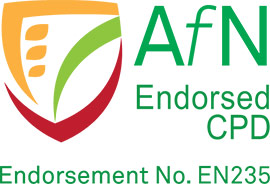
Once you have viewed a full recorded session the mynutriweb team will review and arrange to send you your certificate via email from hello@mynutriweb.com within two weeks of viewing the session.
Popular Now
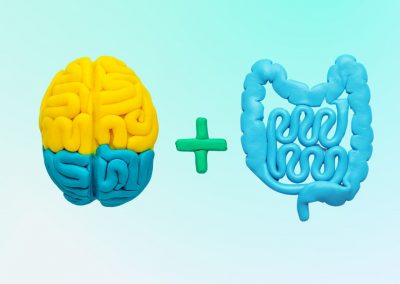
Eating Disorders & Disorders of Gut-Brain Interaction

Nutrition for skin health: practical tips for tricky questions
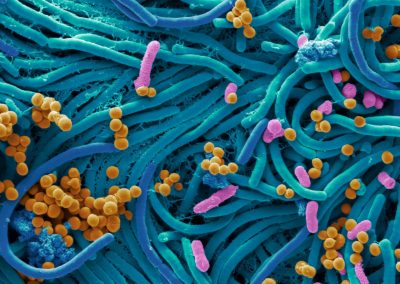
Dr James Kinross: Faecal microbiota transplants: how it works and why it doesn’t
This website is intended only for students or professionals working in food, nutrition and health. If this is you, please click to continue.

